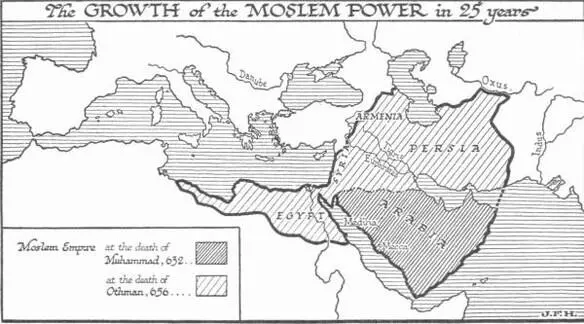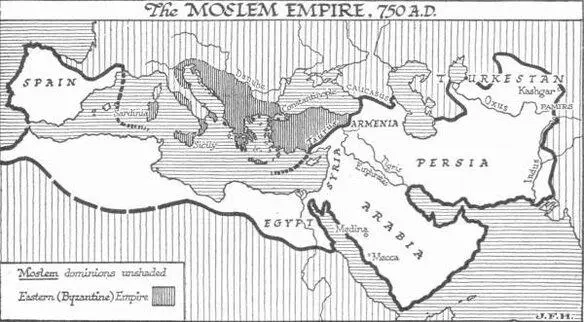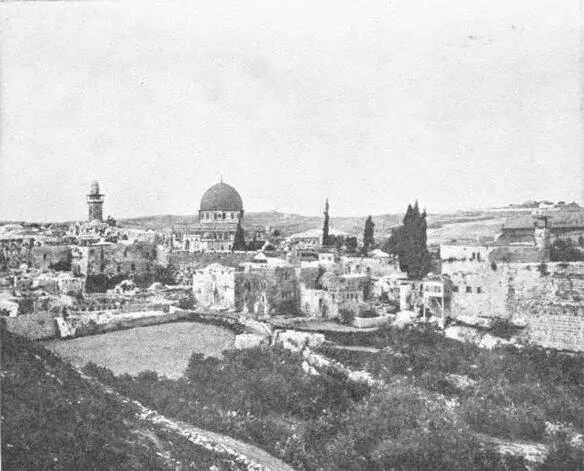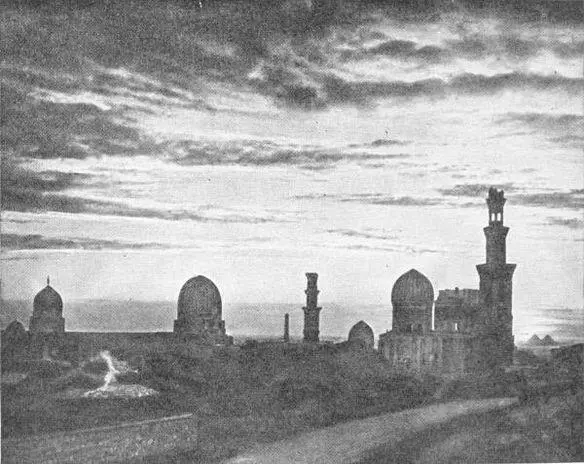Herbert Wells - A Short History of the World
Здесь есть возможность читать онлайн «Herbert Wells - A Short History of the World» весь текст электронной книги совершенно бесплатно (целиком полную версию без сокращений). В некоторых случаях можно слушать аудио, скачать через торрент в формате fb2 и присутствует краткое содержание. Год выпуска: 2011, Жанр: История, на английском языке. Описание произведения, (предисловие) а так же отзывы посетителей доступны на портале библиотеки ЛибКат.
- Название:A Short History of the World
- Автор:
- Жанр:
- Год:2011
- ISBN:нет данных
- Рейтинг книги:4 / 5. Голосов: 1
-
Избранное:Добавить в избранное
- Отзывы:
-
Ваша оценка:
- 80
- 1
- 2
- 3
- 4
- 5
A Short History of the World: краткое содержание, описание и аннотация
Предлагаем к чтению аннотацию, описание, краткое содержание или предисловие (зависит от того, что написал сам автор книги «A Short History of the World»). Если вы не нашли необходимую информацию о книге — напишите в комментариях, мы постараемся отыскать её.
A Short History of the World — читать онлайн бесплатно полную книгу (весь текст) целиком
Ниже представлен текст книги, разбитый по страницам. Система сохранения места последней прочитанной страницы, позволяет с удобством читать онлайн бесплатно книгу «A Short History of the World», без необходимости каждый раз заново искать на чём Вы остановились. Поставьте закладку, и сможете в любой момент перейти на страницу, на которой закончили чтение.
Интервал:
Закладка:
These are the things that made Islam a power in human affairs. It has been said that the true founder of the Empire of Islam was not so much Muhammad as his friend and helper, Abu Bekr. If Muhammad, with his shifty character, was the mind and imagination of primitive Islam, Abu Bekr was its conscience and its will. Whenever Muhammad wavered Abu Bekr sustained him. And when Muhammad died, Abu Bekr became Caliph (= successor), and with that faith that moves mountains, he set himself simply and sanely to organize the subjugation of the whole world to Allah—with little armies of 3,000 or 4,000 Arabs—according to those letters the prophet had written from Medina in 628 to all the monarchs of the world.
XLIV
THE GREAT DAYS OF THE ARABS
THERE follows the most amazing story of conquest in the whole history of our race. The Byzantine army was smashed at the battle of the Yarmuk (a tributary of the Jordan) in 634; and the Emperor Heraclius, his energy sapped by dropsy and his resources exhausted by the Persian war, saw his new conquests in Syria, Damascus, Palmyra, Antioch, Jerusalem and the rest fall almost without resistance to the Moslim. Large elements in the population went over to Islam. Then the Moslim turned east. The Persians had found an able general in Rustam; they had a great host with a force of elephants; and for three days they fought the Arabs at Kadessia (637) and broke at last in headlong rout.
The conquest of all Persia followed, and the Moslem Empire pushed far into Western Turkestan and eastward until it met the Chinese. Egypt fell almost without resistance to the new conquerors, who full of a fanatical belief in the sufficiency of the Koran, wiped out the vestiges of the book-copying industry of the Alexandria Library. The tide of conquest poured along the north coast of Africa to the Straits of Gibraltar and Spain. Spain was invaded in 710 and the Pyrenees Mountains were reached in 720. In 732 the Arab advance had reached the centre of France, but here it was stopped for good at the battle of Poitiers and thrust back as far as the Pyrenees again. The conquest of Egypt had given the Moslim a fleet, and for a time it looked as though they would take Constantinople. They made repeated sea attacks between 672 and 718 but the great city held out against them.


The Arabs had little political aptitude and no political experience, and this great empire with its capital now at Damascus, which stretched from Spain to China, was destined to break up very speedily. From the very beginning doctrinal differences undermined its unity. But our interest here lies not with the story of its political disintegration but with its effect upon the human mind and upon the general destinies of our race. The Arab intelligence had been flung across the world even more swiftly and dramatically than had the Greek a thousand years before. The intellectual stimulation of the whole world west of China, the break-up of old ideas and development of new ones, was enormous.
In Persia this fresh excited Arabic mind came into contact not only with Manichæan, Zoroastrian and Christian doctrine, but with the scientific Greek literature, preserved not only in Greek but in Syrian translations. It found Greek learning in Egypt also. Every-where, and particularly in Spain, it discovered an active Jewish tradition of speculation and discussion. In Central Asia it met Buddhism and the material achievements of Chinese civilization. It learnt the manufacture of paper—which made printed books possible—from the Chinese. And finally it came into touch with Indian mathematics and philosophy.

JERUSALEM, SHOWING THE MOSQUE OF OMAR
Photo: Lehnert & Landrock
Very speedily the intolerant self-sufficiency of the early days of faith, which made the Koran seem the only possible book, was dropped. Learning sprang up everywhere in the footsteps of the Arab conquerors. By the eighth century there was an educational organization throughout the whole “Arabized” world. In the ninth learned men in the schools of Cordoba in Spain were corresponding with learned men in Cairo, Bagdad, Bokhara and Samarkand. The Jewish mind assimilated very readily with the Arab, and for a time the two Semitic races worked together through the medium of Arabic. Long after the political break-up and enfeeblement of the Arabs, this intellectual community of the Arab-speaking world endured. It was still producing very considerable results in the thirteenth century.

VIEW OF CAIRO MOSQUES
Photo: Lehnert & Landrock
So it was that the systematic accumulation and criticism of facts which was first begun by the Greeks was resumed in this astonishing renascence of the Semitic world. The seed of Aristotle and the museum of Alexandria that had lain so long inactive and neglected now germinated and began to grow towards fruition. Very great advances were made in mathematical, medical and physical science. The clumsy Roman numerals were ousted by the Arabic figures we use to this day and the zero sign was first employed. The very name algebra is Arabic. So is the word chemistry. The names of such stars as Algol, Aldebaran and Boötes preserve the traces of Arab conquests in the sky. Their philosophy was destined to reanimate the medieval philosophy of France and Italy and the whole Christian world.
The Arab experimental chemists were called alchemists, and they were still sufficiently barbaric in spirit to keep their methods and results secret as far as possible. They realized from the very beginning what enormous advantages their possible discoveries might give them, and what far-reaching consequences they might have on human life. They came upon many metallurgical and technical devices of the utmost value, alloys and dyes, distilling, tinctures and essences, optical glass; but the two chief ends they sought, they sought in vain. One was “the philosopher’s stone”—a means of changing the metallic elements one into another and so getting a control of artificial gold, and the other was the elixir vitœ , a stimulant that would revivify age and prolong life indefinitely. The crabbed patient experimenting of these Arab alchemists spread into the Christian world. The fascination of their enquiries spread. Very gradually the activities of these alchemists became more social and co-operative. They found it profitable to exchange and compare ideas. By insensible gradations the last of the alchemists became the first of the experimental philosophers.
The old alchemists sought the philosopher’s stone which was to transmute base metals to gold, and an elixir of immortality; they found the methods of modern experimental science which promise in the end to give man illimitable power over the world and over his own destiny.
XLV
THE DEVELOPMENT OF LATIN CHRISTENDOM
IT is worth while to note the extremely shrunken dimensions of the share of the world remaining under Aryan control in the seventh and eighth centuries. A thousand years before, the Aryan-speaking races were triumphant over all the civilized world west of China. Now the Mongol had thrust as far as Hungary, nothing of Asia remained under Aryan rule except the Byzantine dominions in Asia Minor, and all Africa was lost and nearly all Spain. The great Hellenic world had shrunken to a few possessions round the nucleus of the trading city of Constantinople, and the memory of the Roman world was kept alive by the Latin of the western Christian priests. In vivid contrast to this tale of retrogression, the Semitic tradition had risen again from subjugation and obscurity after a thousand years of darkness.
Читать дальшеИнтервал:
Закладка:
Похожие книги на «A Short History of the World»
Представляем Вашему вниманию похожие книги на «A Short History of the World» списком для выбора. Мы отобрали схожую по названию и смыслу литературу в надежде предоставить читателям больше вариантов отыскать новые, интересные, ещё непрочитанные произведения.
Обсуждение, отзывы о книге «A Short History of the World» и просто собственные мнения читателей. Оставьте ваши комментарии, напишите, что Вы думаете о произведении, его смысле или главных героях. Укажите что конкретно понравилось, а что нет, и почему Вы так считаете.








